
The Love of Books: A Sarajevo Story(2011)
How a group of book lovers risked their lives to save a library during the Bosnian war
Documentary which tells the story of a group of men and women who risked their lives to rescue a library - and preserve a nation's history - in the midst of the Bosnian war. Amid bullets and bombs and under fire from shells and snipers, this handful of passionate book-lovers safeguarded more than 10,000 unique, hand-written Islamic books and manuscripts - the most important texts held by Sarajevo's last surviving library.
Movie: The Love of Books: A Sarajevo Story
Video Trailer The Love of Books: A Sarajevo Story
Similar Movies
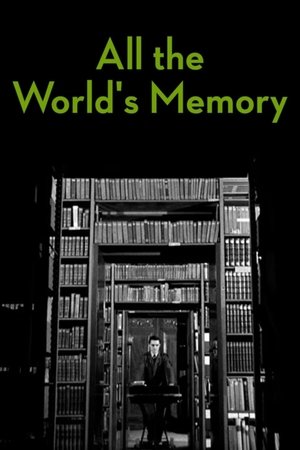 7.0
7.0All the World's Memory(fr)
Toute la mémoire du monde is a documentary about the Bibliothèque Nationale in Paris. It presents the building, with its processes of cataloguing and preserving all sorts of printed material, as both a monument of cultural memory and as a monstrous, alien being.
A Walk Through Prospero's Library(en)
A short made for TV with director Peter Greenaway discussing the dazzling 3.5 minute opening sequence from his film, 'Prospero's Books'. As Prospero (John Gielgud) walks through his library, Greenaway comments on the historical, mythological, biblical & fictional characters occupying the library.
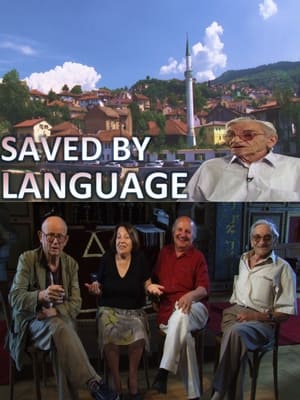 0.0
0.0Saved by Language(en)
Can a language save your life? Yes it can, even an ancient one from the 15th century. Saved by Language tells the story of Moris Albahari, a Sephardic Jew from Sarajevo (born 1930), who spoke Ladino/Judeo-Spanish, his mother tongue, to survive the Holocaust. Moris used Ladino to communicate with an Italian Colonel who helped him escape to a Partizan refuge after he ran away from the train taking Yugoslavian Jews to Nazi death camps. By speaking in Ladino to a Spanish-speaking US pilot in 1944 he was able to survive and lead the pilot, along with his American and British colleagues, to a safe Partizan airport.
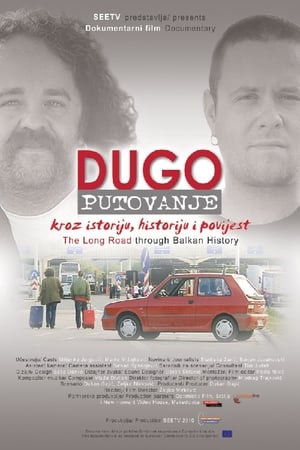 0.0
0.0The Long Road Through Balkan History(en)
Bosnian Croat writer Miljenko Jergović and Serbian writer Marko Vidojković replace one another by the steering wheel of Yugo, a symbol of their common past while driving on the Brotherhood and Unity Highway that stretched across five of six republics of Yugoslavia.
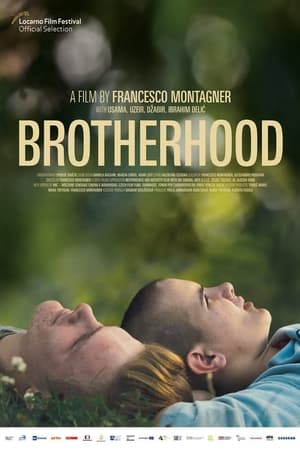 7.1
7.1Brotherhood(cs)
Jabir, Usama and Uzeir are three young brothers in a Sunni family of shepherds. Since childhood, their father Ibrahim has rigidly trained them in the principles of the Quran and has filled their minds with stories of the Bosnian War.
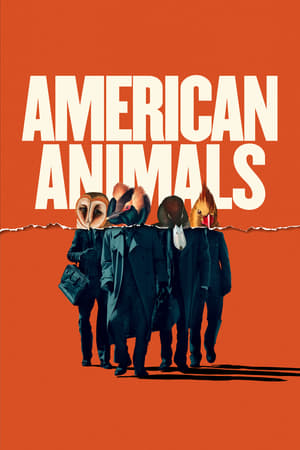 6.7
6.7American Animals(en)
Lexington, Kentucky, 2004. Four young men attempt to execute one of the most audacious art heists in the history of the United States.
 0.0
0.0The Librarians(en)
Librarians unite to combat book banning, defending intellectual freedom on democracy's frontlines amid unprecedented censorship in Texas, Florida, and beyond.
Bums and Dogs(bs)
A hotel in the centre of town is a war-time home and refuge for many of Sarajevo's homeless people. Every morning they leave the hotel and wander around the destroyed city gathering again at the defunct hotel in the afternoon. This film follows their separate fates through the bitter comparing of images of the bums with those of dogs abandoned by their owners and now left et the mercy of the war ravaged streets of Sarajevo.
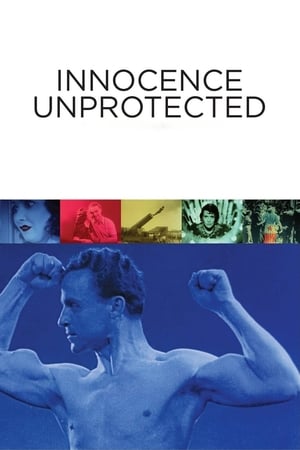 7.0
7.0Innocence Unprotected(sh)
A documentary about the famous athlete and movie enthusiast who made Serbia's first sound film, Innocence Unprotected. The Nazi occupation of Belgrade prevented the film from gaining wider acclaim. Director Makavejev intersperses clips of the original film with interviews of surviving cast and crew members, as well as newsreel and archival footage.
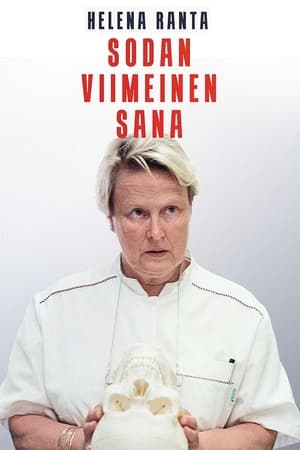 0.0
0.0Fragments of Humanity(fi)
In the Kosovo War, human dignity was shattered by the terrors of the Serbian government and the Albanian liberation army. Truths about the victims’ fates faded away, which is why a Finnish forensic research group led by Helena Ranta got a mission to act as an unbiased agent and investigate the real course of events.
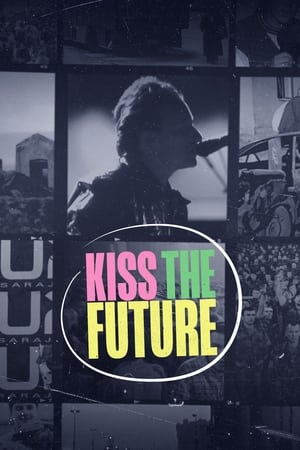 7.4
7.4Kiss the Future(en)
An exploration of the perils of nationalism and art’s role as a weapon of resistance and activism throughout the 1990s Siege of Sarajevo during the Bosnian War. Explore how art and music sustained hope, thanks in part to humanitarians and the band U2.
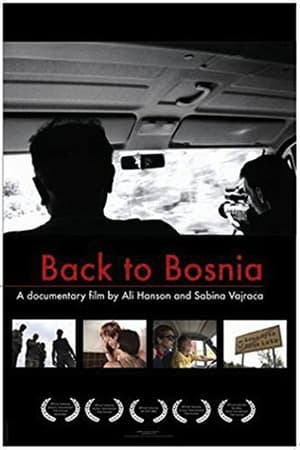 7.0
7.0Back to Bosnia(en)
Filmmaker Sabina Vajraca documents her Bosnian Muslim family's return to their home of Banja Luka, Bosnia, to recover their stolen belongings many years after being forced to flee to the United States. In Bosnia, they witness the devastation of the city, visit war crimes sites, and confront the family that has been living in their former apartment -- with all their furnishings -- for a decade.
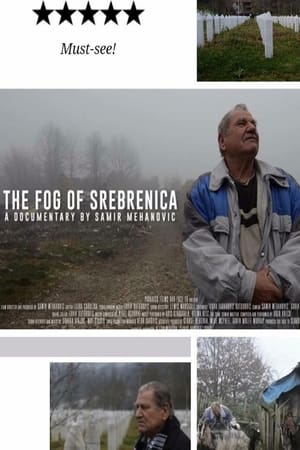 6.0
6.0The Fog of Srebrenica(en)
This is the story of survivors of the Srebrenica genocide, the only holocaust in Europe since WWII. 8,372 Bosnian men and boys were killed in one week.Heartbreaking and mind blowing testimonials - the story told by survivors, contrasted by hauntingly beautiful landscapes and horrifying archive. The film portrays extraordinary characters, people who have been struggling to come to terms with the past as well as dealing with the harsh realities of living in one of the poorest countries in Europe. Their stories raise serious and profound questions about the nature of human existence, war and forgiveness.
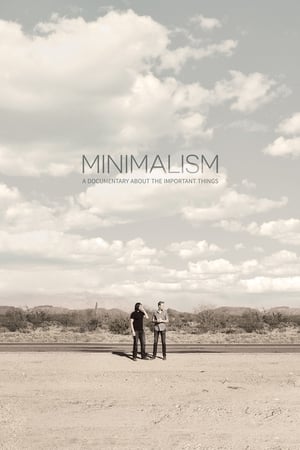 6.6
6.6Minimalism: A Documentary About the Important Things(en)
How might your life be better with less? The popular simple-living duo The Minimalists examines the many flavors of minimalism by taking the audience inside the lives of minimalists from various walks of life.
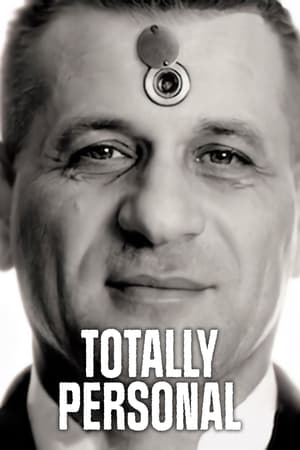 6.1
6.1Totally Personal(bs)
Totally Personal creates a historical document both droll and touching out of Begovic and his family's memories, meditations, and observations. The history begins in the communist era, continues through the war that ravaged the former Yugoslavia and into today's post-war period.
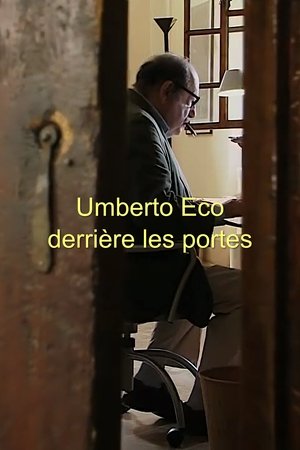 8.0
8.0Behind the Doors of Umberto Eco(fr)
Umberto Eco, the author of best-selling novels who passed away in February 2016, unveils the secrets behind his undertakings and novels.
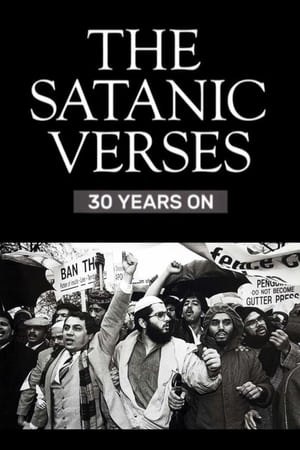 0.0
0.0The Satanic Verses: 30 Years On(en)
The publication of Salman Rushdie's novel The Satanic Verses in 1988 sparked a culture war in Britain between the Muslim community, who considered the book blasphemous and called for the book to be banned, and those defending it as an expression of freedom of speech. Protests, began in England and soon spread to the rest of the Islamic world, culminating in February 1989 with Iran's Ayatollah Khomeini issuing a fatwa - a death sentence on the writer. Now, 30 years on, Mobeen Azhar embarks on a journey to examine the lasting effect the book has had on the Muslim community, and continue to have an impact today. Mobeen hears from a range of people affected by the so called 'Rushdie Affair' - from the men who took an early stand against the book; to a writer who wrestled with the book's publication, complex questions of free speech, and her own religious beliefs; and a former member of the National Front who claims that the furor over the book became a recruiting tool for them.
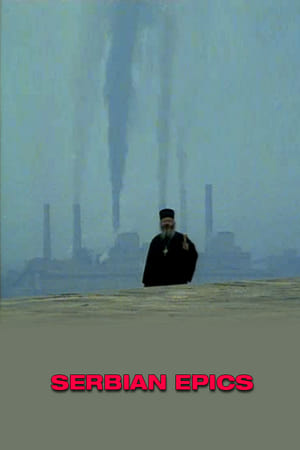 5.5
5.5Serbian Epics(en)
Paul Pawlikowski's award-winning documentary on life behind Serbian lines in Bosnia. The film observes the roots of the extreme nationalism which has torn apart a country and provides a chilling examination of the dangerous power of ancient nationalist myths.
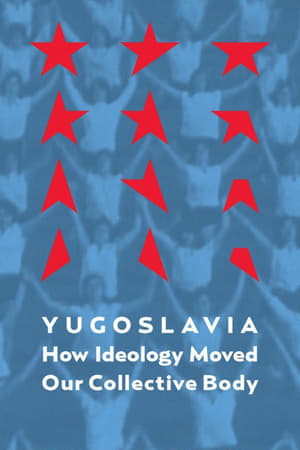 6.3
6.3Yugoslavia: How Ideology Moved Our Collective Body(sr)
A research-based essay film, but also a very personal perspective on the history of socialist Yugoslavia, its dramatic end, and its recent transformation into a few democratic nation states.
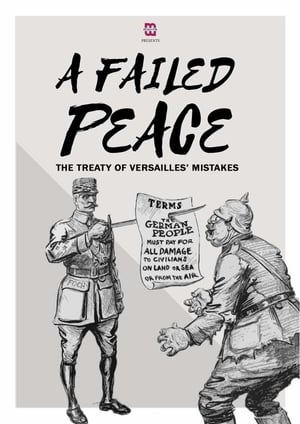 8.0
8.0A Failed Peace, The Mistakes of The Treaty of Versailles(fr)
At the end of WWI, the treaty of Versailles established the conditions for peace in Europe. The aim for the victorious powers was to make Germany pay reparations, and to guarantee a future without war. Yet a decade later, the denunciation of 'Versailles' became a powerful lever for the nazis to obtain power as these reparations would mark the beginning of the humiliation of the German people, and nurture a feeling of having been bestowed a hopeless future. In the 20 years that follow the end of WWI, the issue of reparations and responsibility will effectively poison international relationship. The treaty negative impact goes well beyond WWII as the new European borders it implemented led to many conflicts during the twentieth century. This documentary shines a light on the causality between the decisions taken with the treaty of Versailles, and the ensuing events of the century.

